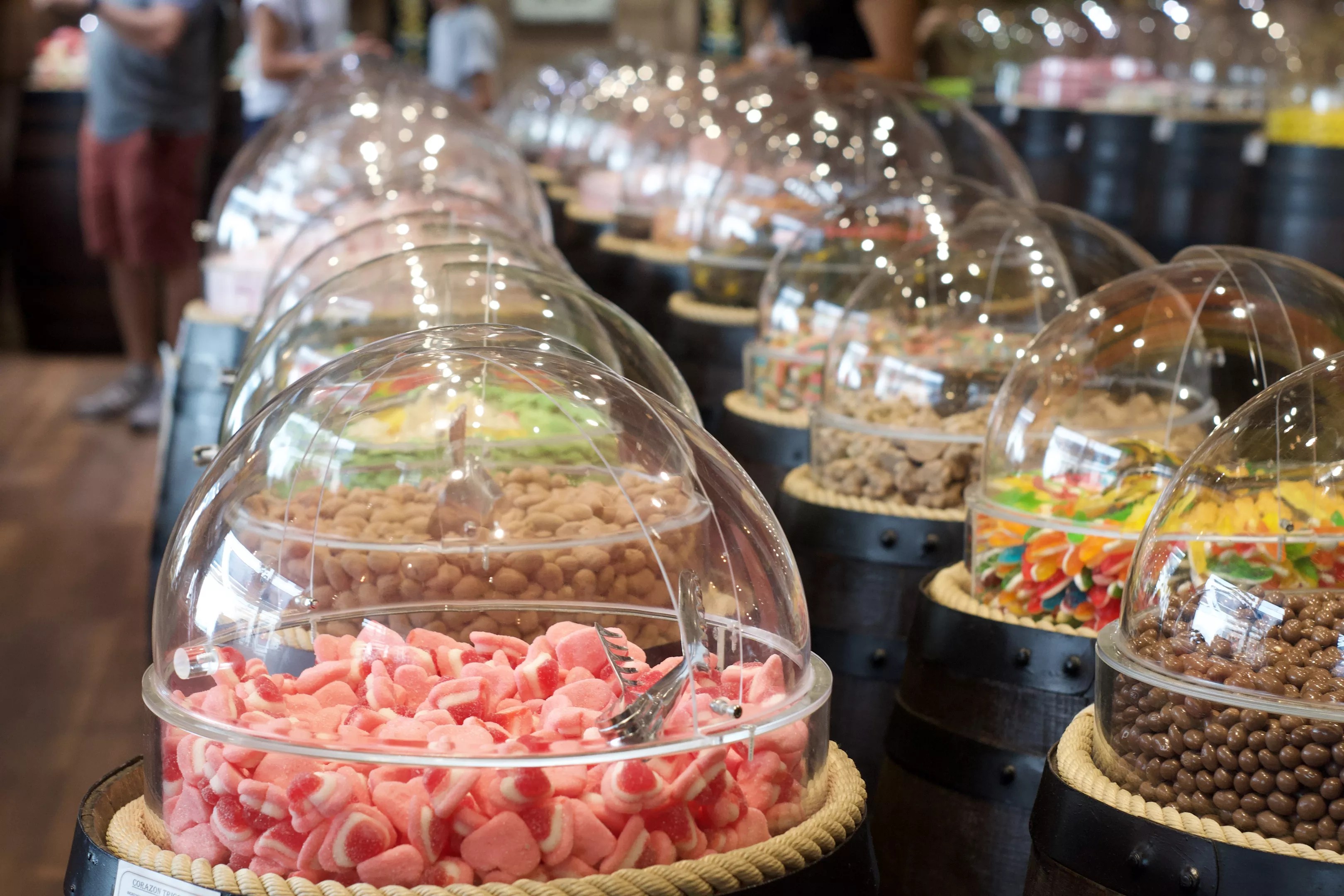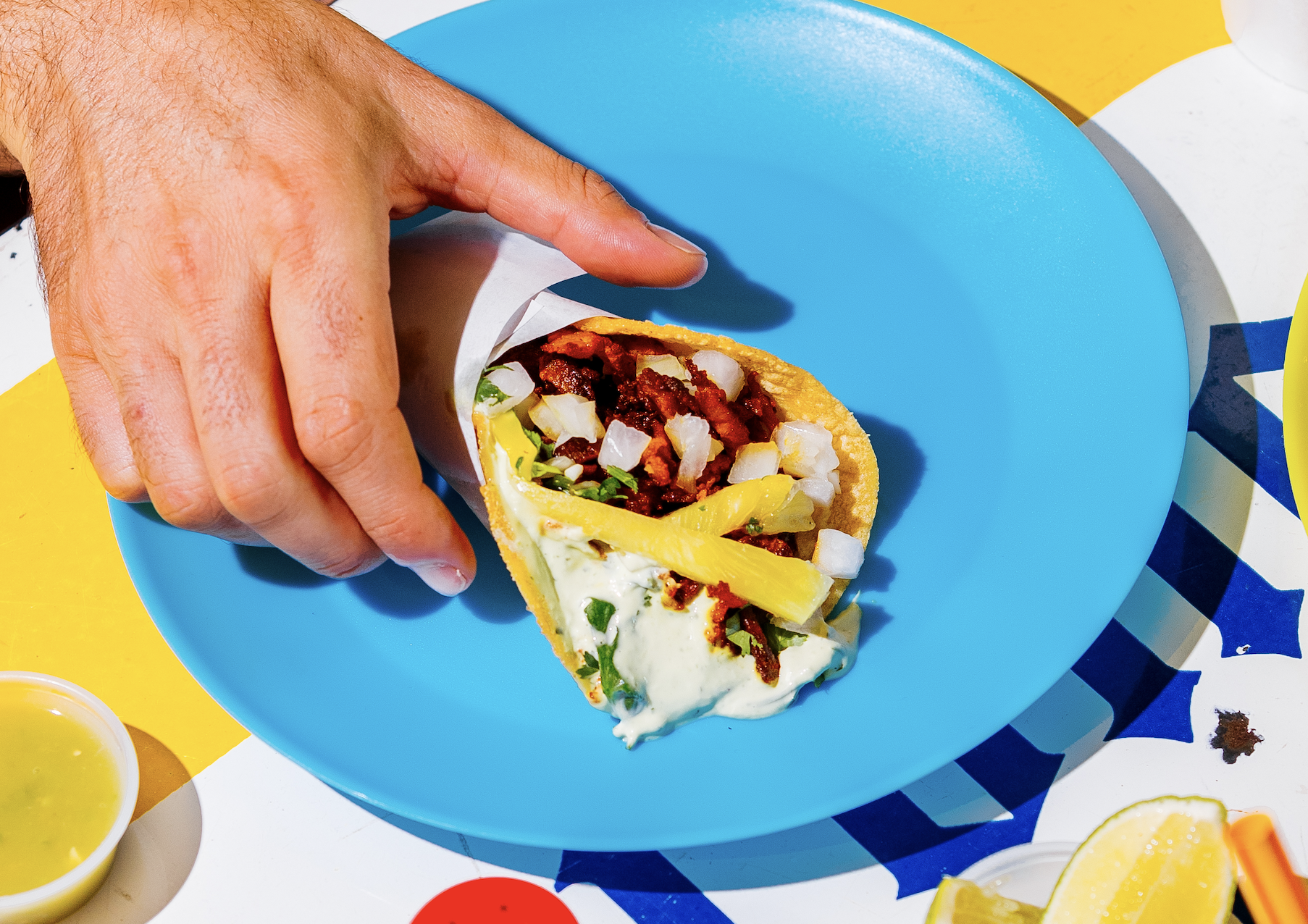
Photo by Luis Gomez

Audio By Carbonatix
Lincoln Road in Miami Beach, which was once popping with energy and restaurants throughout the 2000s and early 2010s, is trying to attract a whole new clientele in 2025. Ever since major spots have shut down, like the legendary Finnegan’s Road, which closed after 24 years in business, the area has had to make a major pivot to hopefully revitalize the iconic shopping district. The plan? Introduce food and beverage pop-ups, which will now be permitted for up to a year. The change could breathe new life into vacant storefronts along the popular pedestrian mall. However, likelihood that this plan will work is to be determined.
The Lincoln Road Business Improvement District (BID) successfully lobbied for this change, making it the only location in Miami Beach where restaurants and bars can test concepts without immediately committing to long-term leases. “This forward-thinking policy provides emerging businesses with the runway they need to test and scale their ideas,” says Lyle Stern, president of the Lincoln Road BID.
Under the new rules passed by the City Commission, pop-ups across Miami Beach can stay for up to 12 months instead of just three. Businesses actively pursuing proper licensing within the first nine months can complete their full year as they transition to traditional tenancy.

Captain Candy opened on Lincoln Road in 2025.
Captain Candy photo
“Between F1 and Art Basel, Make As Much Money As You Can”
Despite the optimism surrounding the program, some industry insiders remain skeptical. Felix Bendersky, restaurant broker and founder of the popular @fandbmiami Instagram account, questions whether pop-ups alone can address deeper issues. In a caption, he writes, “These ‘temporary permit’ moves don’t fix the core problem: high rents, overregulation, and a scene that no longer feels like South Beach. We get it – pop-ups are a low-risk way to fill space. But is it a revival strategy…or just a way to make the vacancy problem look less obvious?'”
New Times spoke to Bendersky himself to get more insight on the matter.
“Lincoln Road once upon a time was one of the coolest places on the planet,” Bendersky tells New Times. “When I heard about the pop-up thing, I was just really sad about it. ‘This is your long-term strategy?'” Bendersky points to prohibitive costs as a major barrier. He described a recently vacated restaurant space where common area maintenance fees alone would cost $93 per square foot “before the rent eating starts.”
The difficult permitting process presents another obstacle, with some entrepreneurs getting stuck in bureaucratic limbo for extended periods before they can open. The seasonal rhythm of Miami Beach – booming during winter’s high season, then struggling through summer – creates additional challenges for businesses.
“From F1 until Art Basel, make as much money as you can, because you’re gonna be dead for the next six months,” Bendersky explains as a tip to restaurant owners in Miami.
While Bendersky sees limited potential for Lincoln Road’s revival, he’s more optimistic about other areas: “I think the future will be probably in that Faena district. They’re doing really innovative and cool things, and there’s a lot of money and really interesting operators being brought in there.”
For Lincoln Road itself, his assessment is blunt: “I think it’s done and buried.”

Popular late-night taco restaurant the Taco Stand opened in South Beach on Lincoln Road in 2025.
Photo by Luis Meza
Signs of Potential for Lincoln Road
City Commissioner Alex Fernandez, who sponsored the permit change, sees clear benefits: “Extending pop-up permits up to a full year benefits both businesses and the city by cutting red tape and allowing greater flexibility,” he says.
Despite the challenges, Lincoln Road remains South Florida’s most-visited open-air destination with over 10 million visits in 2023. If the new pop-up program succeeds, it could help the district recapture some of its former magic while providing a testing ground for emerging businesses looking to make their mark in Miami Beach.